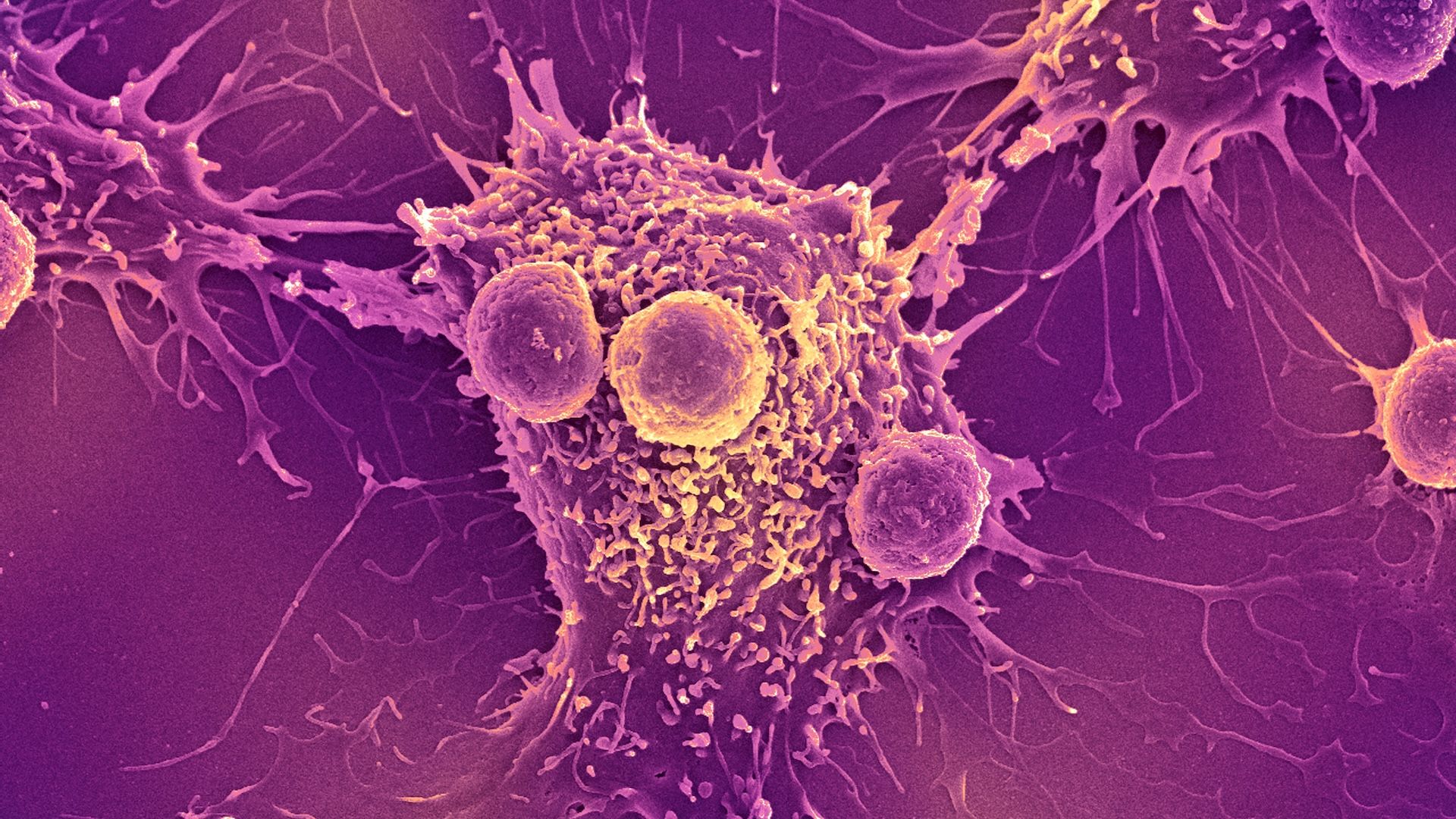Back-to-school checklists for many parents include backpacks, notebooks — and making sure their kids are up to date on their vaccines.
Even amid mixed messaging around vaccines out of Washington, D.C. and a decline in childhood vaccination rates nationally, New York’s childhood vaccination rates remain strong.
New York state’s kindergartners have among the highest vaccination rates in the country, according to federal data, largely thanks to strict school immunization rules that don’t permit religious vaccine exemptions.
Vaccination rates among children too young to attend school have also started to rise in New York City in recent years for most types of immunizations, although coverage varies depending on the vaccine and the ZIP code, public data shows. Meanwhile, flu shots have been on the decline in recent years, even as public health officials have urged immunization.
This fall, New York’s health officials and doctors are tasked with keeping immunization rates high and reassuring parents about vaccine safety as a shakeup in federal vaccine policies threatens to sow confusion.
Some doctors in New York City are also anecdotally reporting higher no-show rates for medical appointments among immigrant patients amid broad fears about ramped up federal immigration enforcement.
Dr. Jessica Sessions, a pediatrician and medical director for the Ryan Chelsea-Clinton Community Health Center in Manhattan, said parents should feel comfortable “ just opening up and letting your doctor know if you do have worries or concerns” about vaccines.
“ We’re happy to help you navigate through them,” she added.
Doctors like Sessions are also figuring out how to navigate a changing federal vaccine landscape.
This summer, U.S. Health Secretary Robert F. Kennedy Jr. replaced every member of the federal Advisory Committee on Immunization Practices, which informs the childhood vaccine schedule set by the CDC.
He said it was an effort to promote “the restoration of public trust above any specific pro- or anti-vaccine agenda,” but many in the medical community raised concerns about federal vaccine recommendations being politicized.
Last week, the U.S. Food and Drug Administration approved the latest generation of COVID vaccines — but only for those over 65 and for younger people with certain health conditions. Kennedy said on X that the shots will remain available to all who want them after consulting with their doctors.
But the new guidance represents a growing rift between the federal government and professional medical groups when it comes to vaccine recommendations, and how doctors respond may vary.
The American Academy of Pediatrics recommends COVID shots for children over six months.
COVID vaccines are not required for kids to attend school in New York, but Sessions said some parents still ask about them. She said she still has a supply of the previous version of the vaccine available but is unsure what insurance coverage for the shots will look like going forward.
Gothamist asked doctors and city and state health officials about where things stand with regard to childhood vaccination and regulations in New York — and where they could be going.
What are the vaccine requirements for students in New York?
The vaccine requirements for kids attending school in New York have not changed this year, state officials have confirmed. Students need to get immunized against preventable diseases like measles, chicken pox, whooping cough and polio, depending on what grade they’re entering.
Students in public, private and religious schools have to show proof they’ve gotten all the shots required for their age groups within 14 days of the start of school or day care each fall, unless they can show they have medical exemptions. Students arriving from outside of the state or country can be given grace periods of up to 30 days, according to guidance to schools from the New York City Department of Education.
“Vaccination is an important part of keeping our schools healthy, and vaccination guidance has been distributed to families,” said Jenna Lyle, a spokesperson for the city education department.
New York state has among the strictest school vaccination laws in the country, since former Gov. Andrew Cuomo eliminated the option of religious exemptions for vaccination in 2019 following a major measles outbreak.
How do New York kindergartners compare to the rest of the country on vaccine coverage?
During the last school year, vaccine coverage among kindergartners decreased nationally for all vaccines tracked by the U.S. Centers for Disease Control and Prevention. At the same time, the agency found that the share of kindergartners claiming exemptions increased in most states.
However, the data shows New York’s vaccine coverage remained among the strongest in the country, largely because kindergartners were not taking advantage of vaccine exemptions at the rates they were in many other states.
In New York, 97.8% of kindergartners received the measles, mumps and rubella vaccine, above the 95% threshold needed for herd immunity. Statewide, 0.3% of kindergartners claimed any vaccine exemption last school year, up from 0.1% the previous year.
What about vaccination rates among younger kids?
City data on vaccine coverage among 2-year-olds shows rates have been trending upward in recent years for most types of shots, although uptake for some vaccines is better than others — and rates can vary widely by neighborhood. Citywide, 95% of 2-year-olds had gotten at least one dose of their measles, mumps and rubella vaccines last year, up from 87% in 2020. But in parts of the city, the rate remains low. In the Central Harlem ZIP code 10039, just 58% of 2-year-olds got at least one dose of the MMR vaccine last year.
Chantal Gomez, a spokesperson for the city health department, said routine medical care was disrupted during the pandemic, negatively affecting vaccination rates, and the increase in overall vaccination rates among young children indicates a reversal of that trend. She said the city is also working to share and discuss vaccination rates with individual health care providers to improve coverage.
Citywide, vaccination against the flu has declined among all children under 18 in recent years, city data shows. The flu vaccine is only required in the city for children attending pre-K or day care, according to guidance from the city Department of Education.
Could federal policy changes influence New York’s school vaccine requirements?
Federal public health changes have stirred up some uncertainty about the future. New York state bases its school vaccine requirements on recommendations from the Advisory Committee on Immunization Practices, or ACIP.
Kennedy’s recent overhaul of the committee has prompted concerns about whether members will continue to base their recommendations in science, and some professional medical groups have started issuing their own recommendations.
“Should changes to ACIP’s composition lead to substantial shifts in its recommendations, the department will carefully evaluate those changes and assess any implications for public health policy in New York,” Dr. James McDonald, the state health commissioner, told Gothamist in June.
Danielle DeSouza, a spokesperson for the state health department, said last week the agency continues to monitor federal vaccine messaging and recommendations and “do what is best to protect public health.”
Sessions said pediatricians are “really following American Academy of Pediatrics recommendations right now, and we’re looking to them as sort of our guiding light.”
But health care providers say challenges could arise if future changes in vaccine recommendations affect which shots are covered by insurance or provided to doctors by the federal Vaccines for Children Program, which provides vaccines at no cost to eligible kids.
Will flu shots be available as usual this year?
ACIP raised some eyebrows among medical groups when it advised against formulations of the flu vaccine that contain a preservative known as thimerosal in June. But doctors who spoke to Gothamist said they didn’t anticipate any challenge getting flu shots without the preservative and said it wouldn’t lead to any meaningful change for patients.
Some health care providers in New York are already starting to get in their supply of this year’s flu vaccine, while others expect the vaccine to come in soon.
Source link

